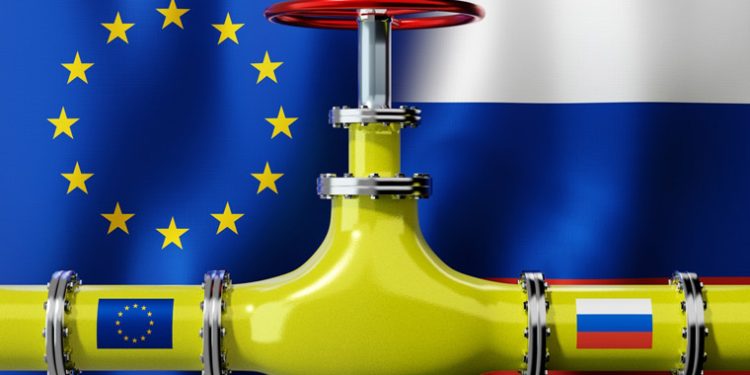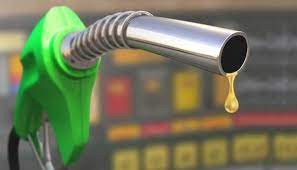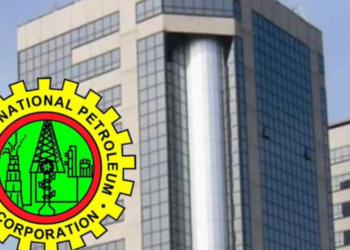Russia’s weaponization of gas exports to the EU poses serious risks to the Eurozone as further supply reduction or shutoff of the gas supply to Europe could plunge member countries into recession.
According to the IMF, Further constraints on gas flows to the euro area would negative impact on economic output, as much as 6 percent for some countries in Central and Eastern Europe where Russian gas use is high and alternative supplies are scarce, especially Hungary, the Slovak Republic, and the Czech Republic. Italy would also face significant impacts due to its high reliance on gas in electricity production.
The IMF stated that “in some of the most-affected countries in Central and Eastern Europe—Hungary, the Slovak Republic, and the Czech Republic—there is a risk of shortages of as much as 40 percent of gas consumption and gross domestic product shrinking by up to 6 percent. The impacts, however, could be mitigated by securing alternative supplies and energy sources, easing infrastructure bottlenecks, encouraging energy savings while protecting vulnerable households, and expanding solidarity agreements to share gas across countries.”
Already, the EU believes another gas supply shock is on its way. This raises the risk of rationing and another hit to fragile economic growth as deliveries through other sources such as Ukraine, have also fallen since Russia invaded the country in February. As the European Union faces the risk of further gas supply cuts from Russia, with almost half of its member states already affected by reduced deliveries, the commission is taking steps to reduce the risks and costs of a full disruption.
The EU proposed a new regulation tool and European Gas Demand Reduction Plan, to reduce gas use in Europe by 15 percent until next spring–March 2023.
According to the EU, “the new Regulation would also give the Commission the possibility to declare, after consulting the Member States, a ‘Union Alert’ on the security of supply, imposing a mandatory gas demand reduction on all Member States.”
“The Union Alert can be triggered when there is a substantial risk of a severe gas shortage or an exceptionally high gas demand.”
The EU hopes to adjust to gas supply disruptions by accessing new supplies where feasible, using alternative sources of energy, and via demand reductions.
How the EU is Trying to Secure its Energy Supply
- The European Union has been sourcing alternative gas supplies and reducing overall energy consumption through increased energy efficiency.
- The EU plans to end its dependency on Russian Fossil Fuels as soon as possible. More than 20 percent of the EU’s energy comes from renewables, and the Commission has proposed to increase this to at least 45% by 2030.
- European nations have been investing in building or expanding LNG terminals and gas interconnectors to increase the gas supply sources of member states.
This geopolitical tension would create an opportunity for Nigeria and other gas-producing countries in Africa as EU members could begin to demand more LNG as they diversify their energy sources.









